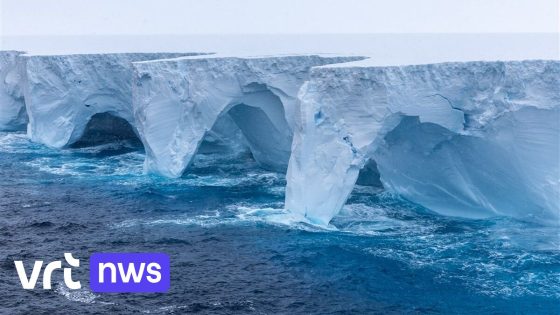The world’s largest iceberg is heading towards South Georgia, raising concerns for the local ecosystem. As of January 23, 2025, this event could significantly impact wildlife and fisheries in the region. How will these changes affect the delicate balance of life in Antarctica?
- Emperor penguins face challenges from melting ice.
- Antarctica's climate change effects are accelerating.
- Not all scientists share the same concerns.
- Icebergs have historically collided with the island.
- Fishing and wildlife may adapt to changes.
The Impact of Icebergs on South Georgia’s Ecosystem
What happens when a giant iceberg collides with an island? The approaching iceberg could disrupt local fisheries and wildlife habitats. Scientists are closely monitoring the situation to assess potential consequences.
Understanding Climate Change Effects on Antarctic Wildlife
The effects of melting ice and shifting ecosystems are becoming increasingly evident in Antarctica. Species such as emperor penguins face challenges due to shrinking sea ice, which is vital for their survival.
How Icebergs Affect Marine Life Around South Georgia
The collision of icebergs with land can have profound effects on marine life. Here’s how:
- Disruption of fish habitats leading to decreased fish populations.
- Penguin colonies may struggle to find food as hunting grounds shift.
- Changes in water temperature affecting breeding cycles.
- Potential increase in competition among species for dwindling resources.
The Role of Scientists in Monitoring Changes
Scientists like Mark Belchier are actively studying these changes to provide insights into how wildlife adapts. Their research is essential for developing strategies that mitigate negative impacts on both marine life and local economies dependent on fishing.
The Future: What Can Be Done?
Addressing climate change requires global cooperation and immediate action. By reducing carbon emissions and protecting vulnerable ecosystems, we can help safeguard not just Antarctic wildlife but our planet’s future as well.
































